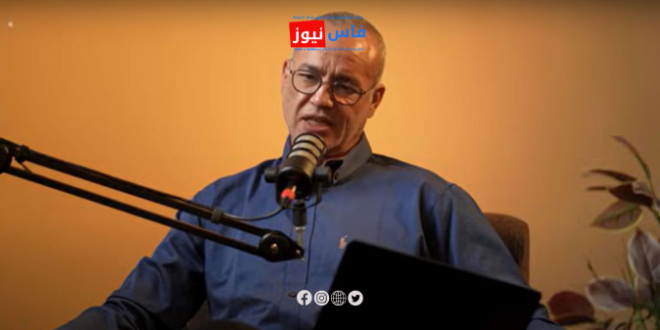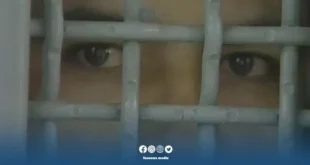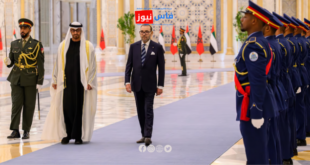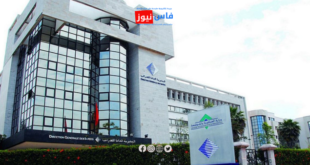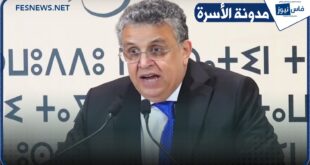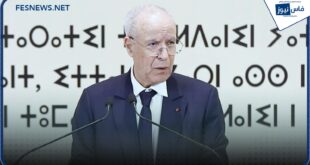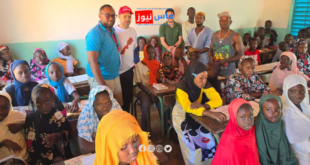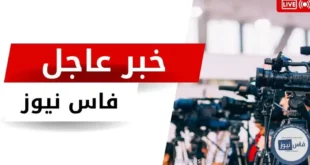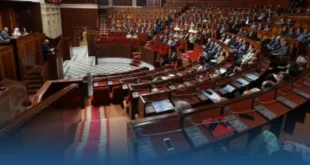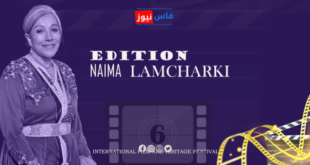The Court of First Instance in Rabat decided on Wednesday to postpone the trial of Aziz Ghali, President of the Moroccan Association for Human Rights (AMDH), who is accused of “undermining the territorial integrity of the Kingdom and public security.” The case has been adjourned until January 8, 2025.
The case stems from statements made by Ghali during an interview in which he discussed the issue of the Moroccan Sahara. These remarks prompted the Al-Karama Association for the Defense of Human Rights, based in Tetouan, to file a complaint against him with the King’s Prosecutor at the Court of First Instance in Tetouan. The complaint is based on what the association considers “an infringement on territorial integrity and an insult to the Moroccan people.”
Ghali’s statements sparked widespread controversy. During a podcast interview with “Talks 21” on the Arabi21 website, he referred to AMDH’s position supporting the right to self-determination for the Sahara. He added that the association supports a negotiated solution that avoids war, indicating that this solution does not necessarily have to be in the form of autonomy.
Following these statements, Ghali faced severe criticism from various political actors and associations. However, he also received a significant wave of solidarity. The Moroccan Coalition of Human Rights Organizations denounced the attack on AMDH “in the person of its president Aziz Ghali,” considering it a flagrant violation of freedom of opinion and expression and the work of human rights defenders.
The Moroccan Authority for Supporting Political Prisoners “Himam” also expressed its strong condemnation of what it described as an “organized campaign against human rights activist Aziz Ghali,” including the threats and attacks accompanying this campaign.
This case comes in a sensitive context related to the issue of the Moroccan Sahara, where Ghali’s statements raise debate about the limits of freedom of expression when it comes to issues the state considers as undermining its territorial integrity. It remains important to follow the developments of this case and its impact on freedom of expression and human rights work in Morocco.
 فاس نيوز ميديا جريدة الكترونية جهوية تعنى بشؤون و أخبار جهة فاس مكناس – متجددة على مدار الساعة
فاس نيوز ميديا جريدة الكترونية جهوية تعنى بشؤون و أخبار جهة فاس مكناس – متجددة على مدار الساعة

